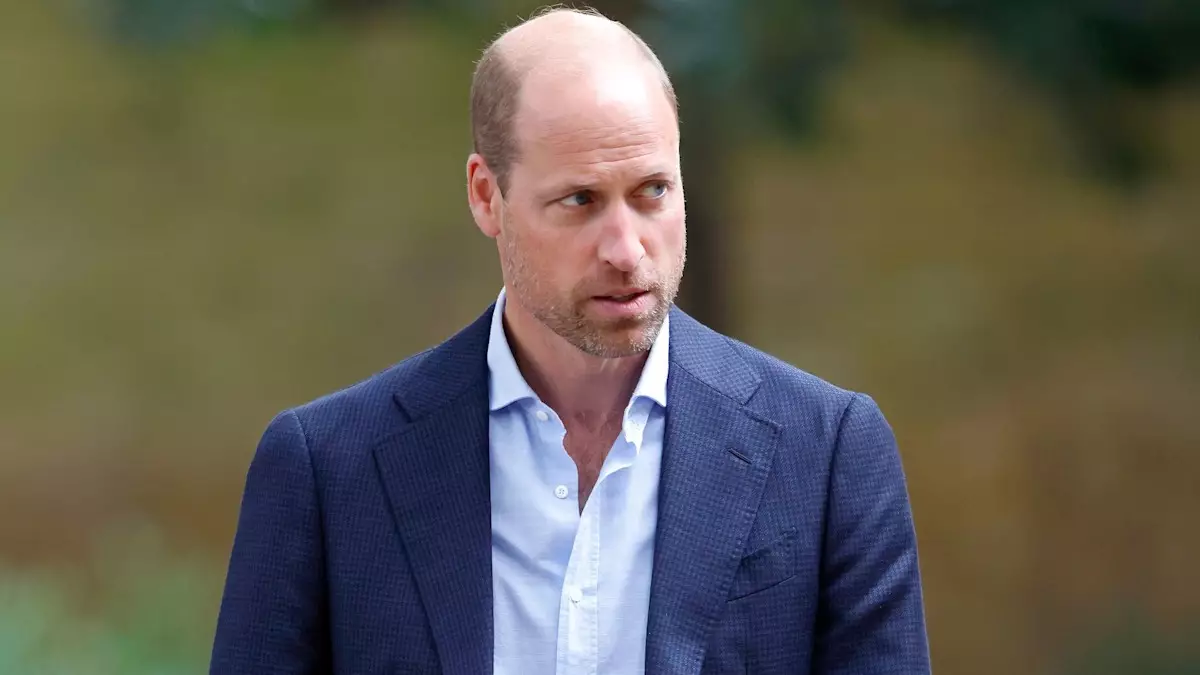In a poignant reflection of his growing stature as a global statesman, Prince William, the Prince of Wales, has been designated to represent the British monarchy at Pope Francis’s funeral. Set to take place in Vatican City, this momentous occasion garners attendance from an array of world leaders and royals, highlighting the deep interconnection between the British royal family and the Catholic Church. At 42, Prince William’s participation symbolizes both continuity and modernity in the monarchy’s engagement with contemporary global affairs.
The choice of William, rather than a more senior royal, underscores a strategic shift within the royal family—one that places emphasis on youth and a forward-looking approach to diplomacy. Unlike previous times when the British monarchy kept its distance from papal affairs, this decision portrays a willingness to adapt and respond to the changing dynamics of international relations.
Historical Context and Royal Tradition
This event resonates with historical parallels, particularly evoking the memory of the late Queen Elizabeth II, who never attended a pontiff’s funeral. By having Prince William step into this role, the monarchy acknowledges an evolution in royal duties where participation in such significant religious events becomes central. The last time the British royals held such a high-profile relationship with the Vatican was when Charles attended Pope John Paul II’s funeral in 2005. Tradition melds with innovation as William takes on this responsibility on behalf of his father, King Charles III, who is still in the early stages of his reign.
Interestingly, the funeral will showcase a palpable gathering of esteemed royals. Confirmed attendees include King Felipe and Queen Letizia of Spain, alongside King Philippe and Queen Mathilde of Belgium. Their presence reaffirms the notion that the monarchy, even in a modern context, acts as a linchpin in fostering relationships among European nations. The convergence of heads of state will serve not only as a tribute to the late Pope but also as a reaffirmation of goodwill across borders.
A Personal Loss for the Royal Family
The death of Pope Francis at the age of 88, following a stroke, elicited a deep sense of grief from the royal family. In the wake of this loss, King Charles expressed his heartfelt condolences, emphasizing the Pope’s legacy of compassion, unity, and commitment to faith and humanity. This personal connection remains significant; just days before the Pope’s death, Charles and the Queen had a private meeting with him during their state visit to Italy. Such encounters illustrate how the royals are increasingly becoming participants in the shared human narrative, rather than distant spectators.
Charles’ sentiments reflect a profound respect for the Pope’s teachings, particularly regarding the stewardship of creation—a doctrine that resonates with many, including those outside religious contexts. By embracing the Pope’s principles, the royal family projects an image of relevance in addressing critical contemporary issues such as environmentalism and the common good.
The Modern Monarchy and Its Role
Prince William’s attendance at the funeral is indicative of a broader shift within the monarchy towards greater visibility and engagement with pressing global issues. The royal family, particularly under Charles’s reign, is becoming more approachable and relatable by actively participating in dialogues that matter to the wider community. Their involvement at this historic service showcases their role as more than just figureheads—they are becoming influential actors on the world stage.
As Prince William steps into the spotlight, he not only represents his family but also carries the weight of public expectation regarding how royals engage with both national and global communities. His presence will be scrutinized not just as a mark of respect but as an embodiment of the evolving role that the British monarchy plays in a multicultural society that seeks unity and collaboration in diversity.
The upcoming funeral stands as a critical juncture, both for the royal family and for the global community, underscoring the enduring relevance of tradition while recognizing the necessity for adaptation in an ever-changing world. Prince William’s role exemplifies a hopeful shift toward a monarchy that resonates with the ethos of inclusivity and global solidarity, serving not only as a symbol of heritage but as an active participant in shaping the future narrative of humanity’s shared journey.

